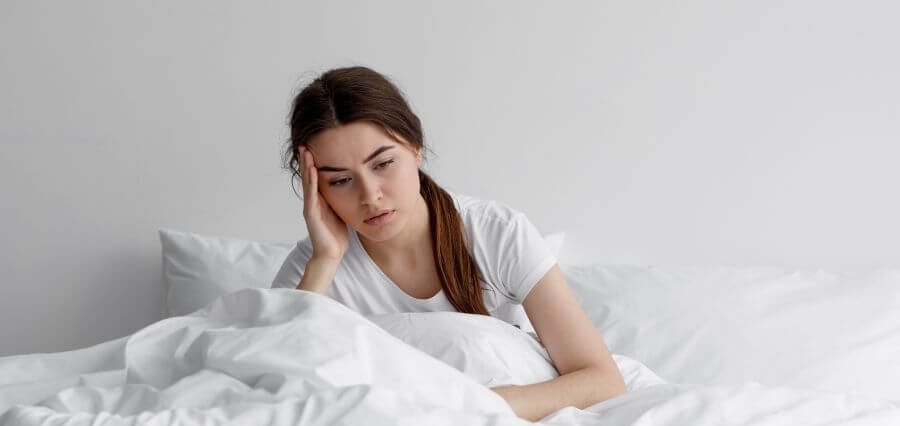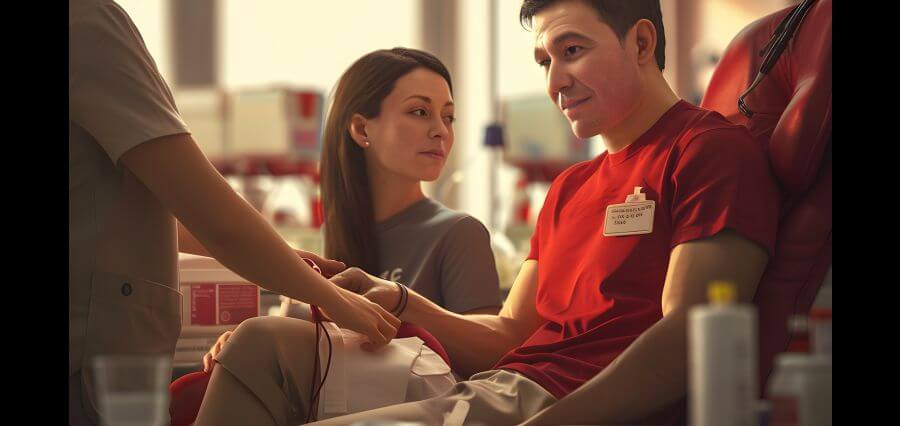If a woman has problems falling asleep, she might consider checking her blood pressure. According to a recent study, women’s high blood pressure is associated with sleep deprivation. The study monitored women who had trouble falling and staying asleep and slept for fewer than seven or eight hours per night. The chief of cardiology at Mercy Medical Center in Baltimore, Dr. Carlos Ince, advised anyone who feels that their everyday life is being negatively impacted by sleep deprivation to get help. He stated that he always begins with a change in lifestyle.
Adequate sleep and high blood pressure are concerning global trends. In this study, we look into the relationship between women’s risk of hypertension and their inability to get a good night’s sleep and how long they sleep.
Sixty-six thousand one hundred twenty-two Nurses’ Health Study 2 participants who did not have hypertension at baseline (2001) were prospectively tracked for sixteen years, with assessments of incident hypertension conducted every two years. The study employed Cox proportional hazards models to calculate the hazard ratios (HRs) and 95% confidence intervals (95% CIs) for the incidence of hypertension in relation to sleep difficulties and duration of sleep.
They recorded 25, 987 incident cases of hypertension throughout the follow-up. Women who slept for less than five hours had a significantly higher risk of hypertension (≤5 hours: HR, 1.10 [95% CI, 1.05-1.16]; 6 hours: HR, 1.07 [95% CI, 1.03-1.10]), while the risk for women who slept for more than nine hours was not statistically significant (9 hours: HR, 1.03 [95% CI, 0.97-1.10]; >9 hours: HR, 1.08 [95% CI, 0.94-1.23]). This risk was observed even after adjusting for demographic and lifestyle risk factors.
Women who occasionally or frequently experienced these sleep issues had a significantly greater risk of developing hypertension (HR, 1.14 [95% CI, 1.11-1.17] and 1.28 [95% CI, 1.22-1.35]; Ptrend<0.001) compared to women who experienced similar difficulties infrequently. The incidence of hypertension was not linked to waking up early (Ptrend=0.722). Neither chronotype nor night work had any effect on the outcome.
In our study, women who had trouble falling or staying asleep as well as those who slept for short periods of time had a higher risk of hypertension. Finding those who are more likely to develop hypertension may be aided by screening for sleep disorders.
Read More: Click Here





